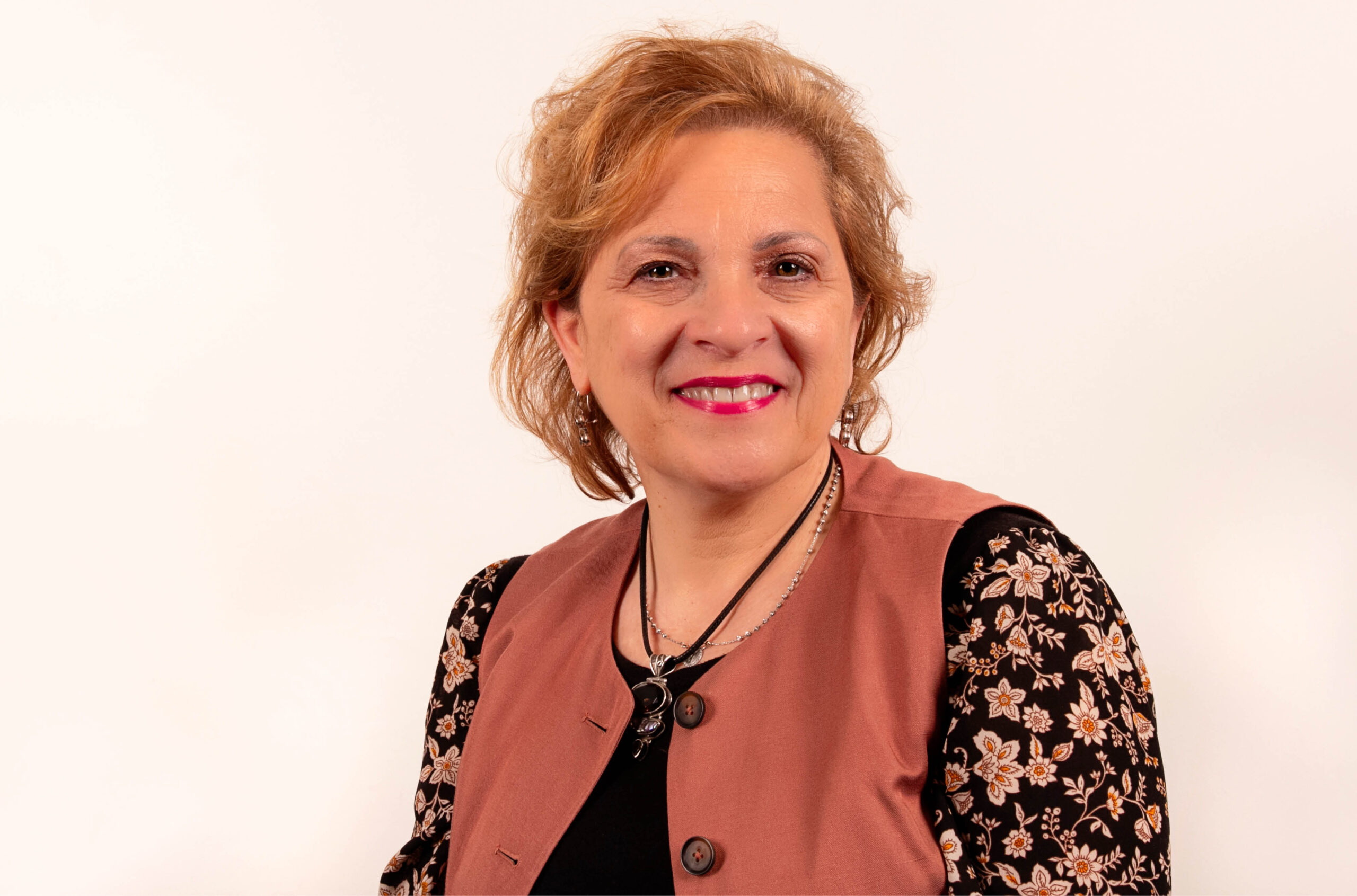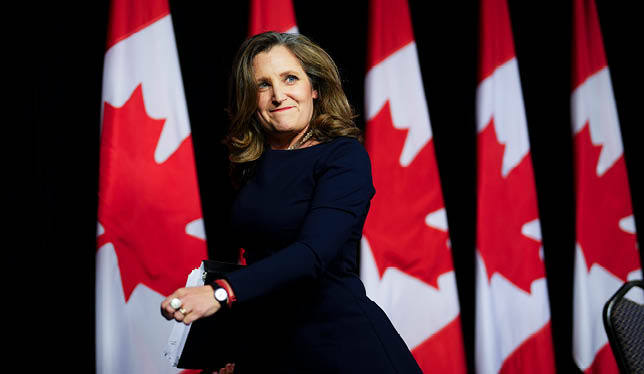Panel discusses models for supporting graduate students and postdocs
In anticipation of support for trainees in the upcoming federal budget, researchers and administrators shared their perspectives at CSPC.

The 2018 federal budget gave a boost to fundamental research, but it also contained a promise to look at “how to better support students, the next generation of researchers, through scholarships and fellowships,” details of which are expected in next year’s budget.
At the Canadian Science Policy Conference, held in Ottawa November 7-9, an expert panel exchanged perspectives on funding models for graduate students and postdoctoral fellows in Canada and the U.S.
“We’ve had a pretty significant increase in the number of trainees [over the past decade in Canada] without as much increase in funding for awards. That’s creating some pressures,” said moderator Vivek Goel, vice-president, research and innovation, at the University of Toronto. This point was noted in the report of the Fundamental Science Review panel, which recommended increasing and harmonizing funding for trainees, getting rid of restrictions on international portability of awards to Canadians, and refocusing the Vanier and Banting awards as international recruitment tools.
On the CSPC discussion panel was Martha Crago, vice-principal, research and innovation, at McGill University and a member of the Fundamental Science Review panel; Bonnie Le, a Banting postdoctoral fellow at U of T; Alejandro Adem, CEO of Mitacs; and keynote speaker Kay Lund, who offered insights as director of the Division of the Biomedical Research Workforce at the U.S. National Institutes of Health.
Three key ways to support trainees were discussed: direct awards such as the Banting and Vanier fellowships, funding to institutions that gets passed on directly to students, and funds through researcher operating grants which help to support most graduate students and postdoctoral fellows in Canada.
Dr. Lund noted that, while fellowships tend to promote independence in trainees’ careers, institutional awards help to provide a network for them. She also discussed the importance of career development in the structure of research training awards.
“We do require that there is full-time research for these training awards and fellowships, but we also allow these fellows and trainees to do something else: up to 25 percent of their time, 10 hours a week is the example, or they can do it in blocks that they can get paid for,” Dr. Lund said. “In different areas the cost of living is different, and people also want to do other things for career development.”
“There’s a diversity of mechanisms for supporting students and postdocs, and I think we have to take all of them into account,” said Dr. Adem of Mitacs. “Administrators can help by making professors and students aware of these opportunities. … It’s very important to make them accessible.”
Dr. Le, an international student and postdoctoral fellow, said she found the award application process enriching despite some challenges and limited eligibility. “Even though there were some hoops I had to jump through, having the opportunity to apply was pretty valuable for my professional development. I got to be more self-directed, and I was lucky to have a good mentor.” It was useful, she said, “not only having an original idea but thinking about how to plan those studies for a few years in your bachelor studies … planning a roadmap of what those years are going to mean to you.”
Dr. Crago, who is a former dean of graduate studies, underscored the importance of a “science family” and warned against sending students into an isolated work environment with no support outside of their own fellowship. “A science family is an incredible thing. They’re your siblings, your parents, your next generation. It scaffolds people well into the future,” she said, adding as advice: “Check out your supervisor big time.”
Featured Jobs
- Education - (2) Assistant or Associate Professors, Teaching Scholars (Educational Leadership)Western University
- Veterinary Medicine - Faculty Position (Large Animal Internal Medicine) University of Saskatchewan
- Canada Excellence Research Chair in Computational Social Science, AI, and Democracy (Associate or Full Professor)McGill University
- Business – Lecturer or Assistant Professor, 2-year term (Strategic Management) McMaster University
- Psychology - Assistant Professor (Speech-Language Pathology)University of Victoria















Post a comment
University Affairs moderates all comments according to the following guidelines. If approved, comments generally appear within one business day. We may republish particularly insightful remarks in our print edition or elsewhere.
1 Comments
Funding to institutions that gets passed on directly to students ought to be emphasized. Several trainees find themselves with limited options of interest in terms of labs, supervisors, and projects. This leads to poorly funded researchers who must find alternative ways to self-fund themselves (e.g. working part-time). Time, being, one of the most valuable commodities in academia, becomes scarce leading to graduate students and postdocs falling into an endless spiral of despair. Social supports are especially important for students who are working without family support and those who are striving to support livelihoods.